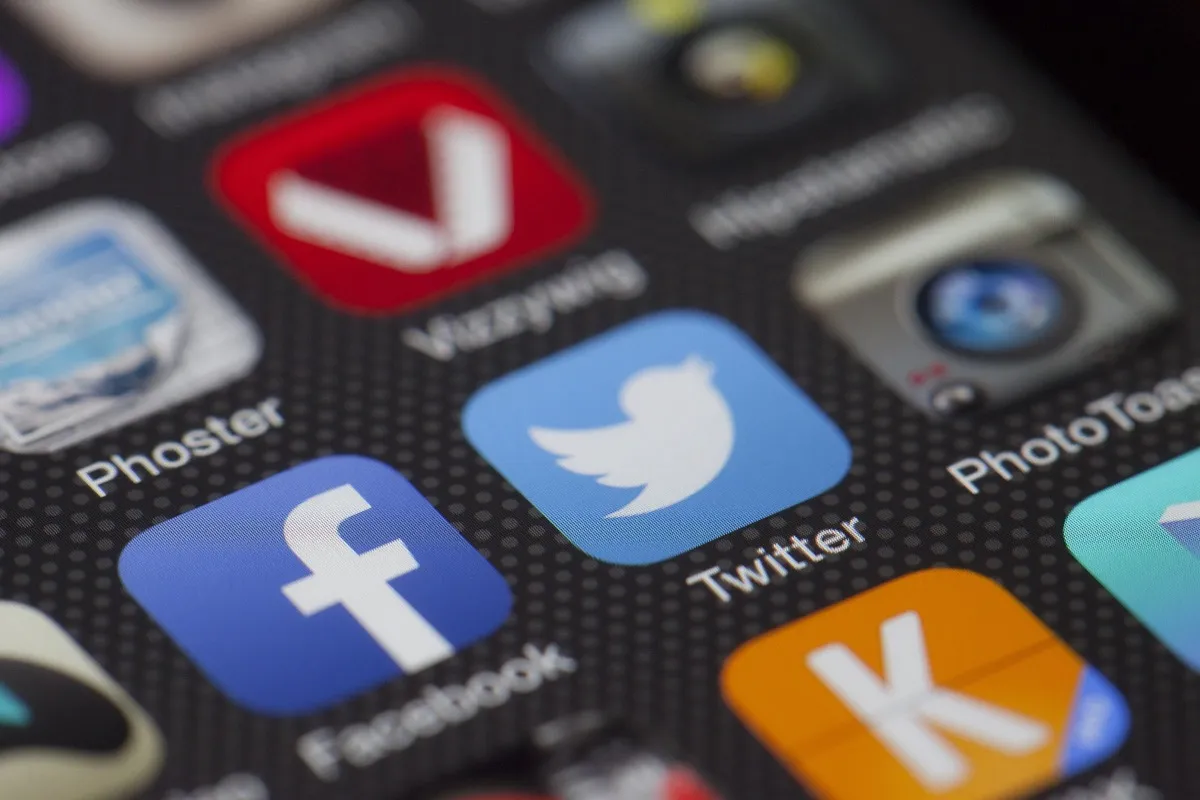The Supreme Court heard oral arguments this week in an important case (technically two cases) that could have a serious impact on how we move about our daily lives with the ever-changing scope of social media.
The overarching issue at play here is how companies like X contribute to the “public square” in ways that other private entities do not, and if those sites have the ability to moderate users’ posts and remove political content.
The states at play here are Florida and Texas (of course). In the wake of January 6, 2021, both states passed laws to protect conservatives who were convinced they were being unfairly censored online, resulting in two lawsuits: Moody v. NetChoice and NetChoice v. Paxton.
Basically, as CNN sums it up:
The justices struggled with sweeping First Amendment questions about whether social media platforms should be treated like “common carriers,” such as telephone companies, that are required to transmit content across their networks regardless of viewpoint or whether they act more like newspaper publishers that can choose which articles to place on the front page.
We have known that the high court would have to tackle some fundamental questions about social media, and hearing the justices go back and forth was very interesting. Surprisingly, things were not divided along ideological lines. The conservatives on the bench didn’t always agree, for instance.
Alito brought up a point about taking down “offensive” subject matter as coming across like censorship instead of just content moderation. I guess if I ran Facebook and didn’t like any MAGA people, I could take down everything they post and call it moderation. But with something so sweeping, I can see how that may look like censorship, especially if the content was mostly harmless. But Alito’s fellow conservative Brett Kavanaugh had a different take. He said that First Amendment “censorship” can only apply when the government is the one doing the censoring. This is a fascinating take considering how much the right wing has thrived on playing victim under “cancel culture”, which is almost always only a social and cultural phenomenon of accountability, not a governmental one.
Kavanaugh responded to Alito’s assertion that big tech’s actions are “Orwellian,” saying: “When I think of ‘Orwellian,’ I think of the state, not the private sector, not private individuals.” Regardless of what people believe about social media companies, from a constitutional standpoint, this is the understanding I have always had. I always saw infringement as a government issue. However, I do think it can be a nuanced topic. Like, if a girl wants to take her girlfriend to prom at a private school and they aren’t allowed, shouldn’t that be unconstitutional? The school isn’t the government, but are they infringing on her rights? The law is so ridiculous and complex!
One question in all of this that is particularly pertinent in the Florida case is which sites are actually covered by the laws? When discussing First Amendment concerns and online platforms, we mostly discuss social media sites like Facebook, X, and TikTok. However, there hasn’t been as much discussion about how these rulings can impact other online sites that aren’t really classified the same way.
Justice Elena Kagan brought up a good point when she mentioned the ride-sharing and food delivery service giant Uber. She asked if a state could potentially stop Uber from picking up a rider becuase of their political views…? And, well, that is a good question, isn’t it? Not every site operates the same way and has the same influx of political concerns. Etsy also came up a lot in these arguments, with questions of what responsibilites, as well as what rights, sites have in the content posted by users. The lines being drawn by these states’ laws are vague and wide-reaching, and the court is now having to decide where the boundaries really are.
I personally remember a lot of the “public square” talk happening when Elon Musk took over X. (Though it had also been at the center of some prominent lawsuits before that.) For me, it seemed like the social media platform, formerly known as Twitter, went downhill fast. As a user since 2009 (can you believe it!?) I noticed the decline was sharp and wide-ranging when he took charge—largely because he and others think that people (meaning conservatives and bigots) should be able to run wild online. At the same time, I do think there are legitimate concerns about “censorship” being employed in the name of “moderation.”
This court should not be trusted to have our best interests at heart but this is one topic where I at least do not envy them.
(featured image: Pexels)









Published: Feb 29, 2024 11:08 pm